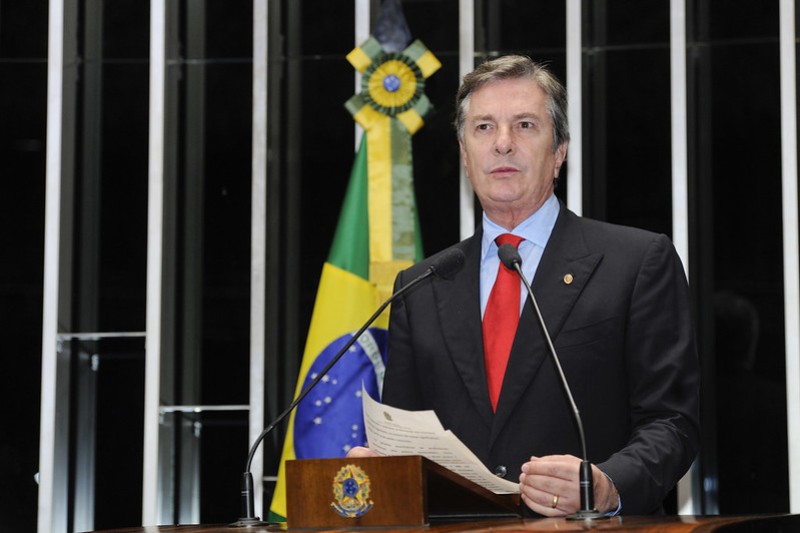The country’s Supreme Court found that Collor received the equivalent of over US$4 million in bribes to secure contracts for the construction company UTC Engenharia with BR Distribuidora, the country’s largest fuel distributor.
Collor attempted to conceal part of his illicit gains by registering luxury cars under the names of shell companies. Brazilian investigators discovered at least five high-end vehicles, including models like Ferrari 458 Italia, Lamborghini Aventador Roadster, Bentley Continental Flying Spur, Land Rover Range Rover Vogue, and Porsche Panamera S, which had a combined value in the millions of dollars.
Apart from luxury cars, Collor had made investments in properties, including a high-value house located in Campos do Jordão, nestled in the mountains of the Brazilian state of São Paulo. Collor also amassed a collection of valuable antiques and artworks, including a painting by renowned Brazilian artist Di Cavalcanti.
With the help of at least two businessmen, Collor obtained the money with the help of at least two businessmen had unlawfully obtained more than US$4 million to facilitate irregular contracts between BR Distribuidora and UTC Engenharia for the construction of fuel distribution centers in the value of over US$200 million.
In return for the bribe, UTC Engenharia obtained contracts for the construction of fuel distribution centers worth over $200 million.
Justice Rosa Weber stated that Collor participated in corruption by using his political allies to manipulate bidding processes between UTC Engenharia and BR Distribuidora.
In exchange for political support in appointing and maintaining directors at BR Distribuidora, Collor enabled embezzlement of funds, corruption of public officials, and money laundering, between 2010 and 2014.
Out of the 11 justices, eight voted in favor of convicting Collor, while two supported his acquittal.



